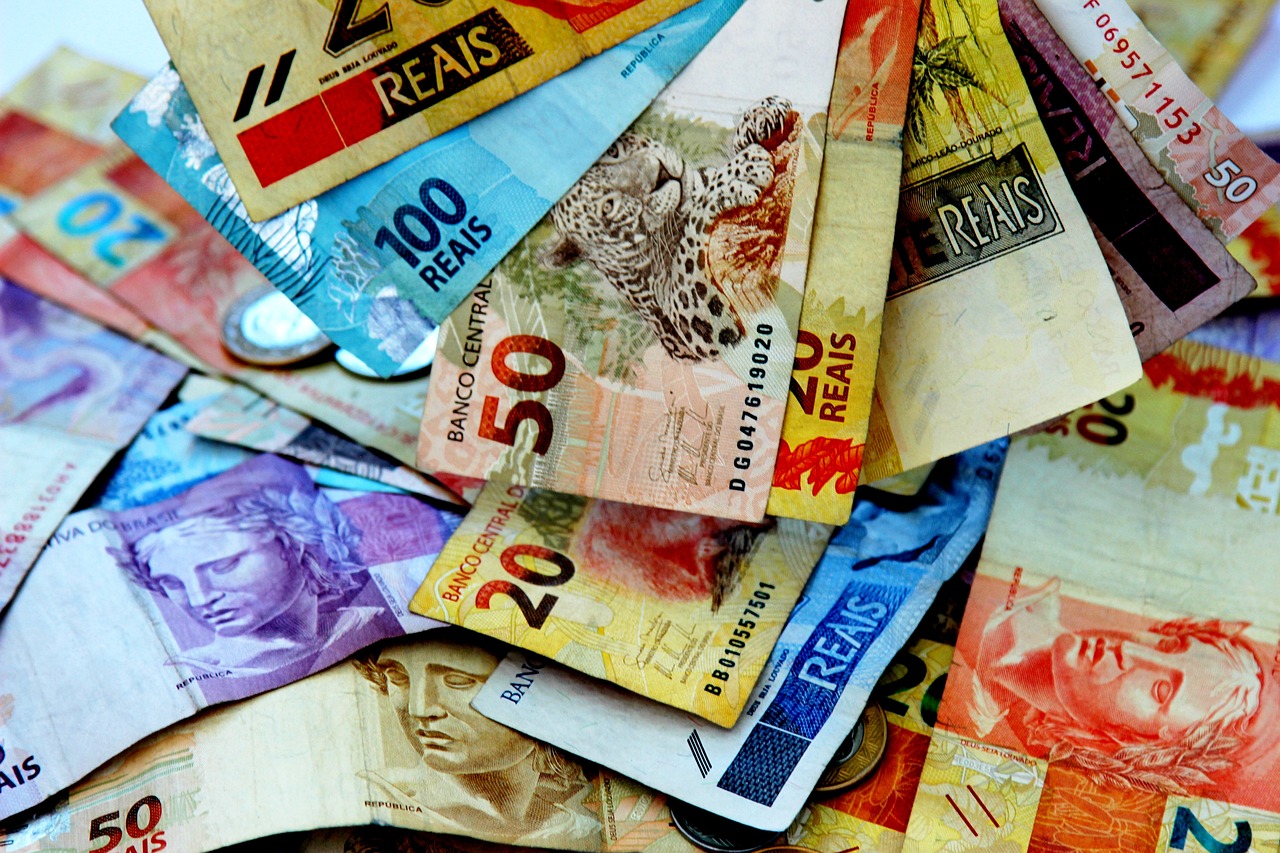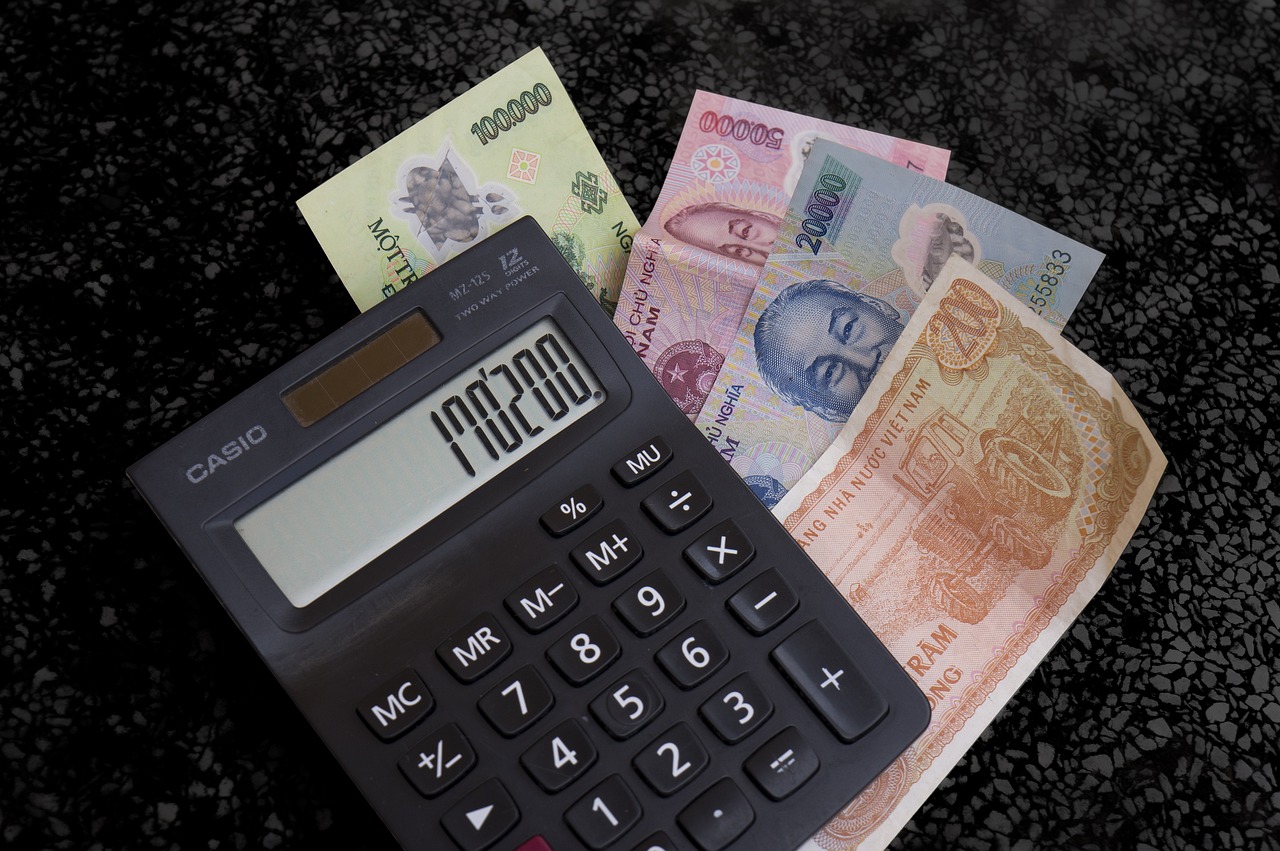Discover the Ins and Outs of French IBANs: From Security Measures to Direct Debits and More!
GPT_Global - 2024-03-19 06:30:03.0 740
How long has the IBAN been used in France?
The International Bank Account Number (IBAN) has been used in France for more than 10 years. This standardized format is used to identify bank accounts for cross-border payments within the European Union and in some other countries around the world. The use of IBAN was adopted as part of the Single Euro Payments Area (SEPA) initiative, which aimed to simplify and harmonize bank transfers within Europe.
The IBAN is a 28-character code that includes a country code, two check digits for validation, and a unique combination of the bank's identification code and the customer's account number. It was created to facilitate accurate and efficient processing of international payments, reducing the risk of errors and delays in transfers. With the use of IBAN, customers can easily identify and verify the recipient's bank account information before sending money.
In France, IBAN is used for both domestic and international transfers, making it easier for individuals and businesses to make payments to other SEPA countries. It has also become the standard format for direct deposit and electronic payments in the country. Banks in France are required to provide IBANs to their customers for all their current, savings, and credit card accounts.
Since its implementation, IBAN has greatly improved the efficiency and speed of cross-border payments in France. It has also helped to reduce the costs associated with international transactions, as it eliminates the need for intermediary banks and manual input of account information. The use of IBAN has also enhanced the security of electronic payments, as it allows for easy detection of incorrect account numbers.
Overall, the introduction of IBAN in France has revolutionized the remittance business by streamlining the process of sending and receiving international payments. With its widespread use, customers can now transfer funds quickly and securely to any bank account in the SEPA region, making it an essential tool for businesses and individuals engaged in cross-border transactions.

Is there a difference between a French IBAN and a SEPA IBAN?
In the world of remittance business, there are many factors to consider when transferring money internationally. One important aspect is the use of IBANs, or International Bank Account Numbers. These are unique identifiers for bank accounts that are used in many countries around the world.
When it comes to France, there may be some confusion surrounding IBANs and whether there is a difference between a French IBAN and a SEPA (Single Euro Payments Area) IBAN. The simple answer is no, there is no difference between the two.
In fact, all French IBANs are also SEPA IBANs. This is because France is a member of the SEPA, which is a payment integration initiative that allows for easier and faster cross-border payments within the Eurozone. This means that any bank account in France will have an IBAN that is recognized and accepted throughout the SEPA.
However, it's worth noting that not all SEPA countries use the same format for their IBANs. France, for example, has a 27-digit IBAN in the XXXX XXXX XXXX format, while other countries may have a different number of digits or different formatting. So, while there is no difference between a French IBAN and a SEPA IBAN, there may be variations in the way they are structured across different countries.
When it comes to transferring money to a French bank account, it's important to make sure you have the correct IBAN, as well as the BIC (Bank Identifier Code) of the recipient's bank. This information can usually be found on bank statements or by contacting the recipient's bank directly.
In conclusion, while there is no difference between a French IBAN and a SEPA IBAN, it's still important to ensure you have the correct information when making international transfers to or from France. This will ensure that your money arrives safely and efficiently.
What information can be obtained from a French IBAN?
The International Bank Account Number (IBAN) is a standardized format used for identifying bank accounts across borders. This unique code is composed of a country code, check digits, and a domestic account number, making it an essential tool for all cross-border transactions.
For remittance businesses, understanding the IBAN structure for different countries is crucial. In this article, we will focus on France and what information can be obtained from a French IBAN.
Firstly, the country code for France is FR, which is the first two letters of the 27-character IBAN. This serves as a quick reference for banks and remittance companies to identify the country a specific account belongs to.
The next two digits are known as the IBAN check digits, which are used to validate the accuracy of the IBAN. This helps prevent errors in the transfer process and ensures that the funds reach the intended recipient.
The remaining 23 characters make up the domestic account number, which includes the national bank code and the customer's account number. This information is vital for remittance businesses as it enables them to identify the specific bank and account the funds should be transferred to.
Additionally, the IBAN for France also includes a banking identification code (BIC) or SWIFT code. This is a unique identifier for each bank and allows for international transfers to be routed correctly.
In summary, a French IBAN contains essential information such as the country code, check digits, domestic account number, and SWIFT code. For remittance businesses, understanding this information is crucial for ensuring efficient and accurate cross-border transactions. By having a clear understanding of the French IBAN structure, remittance businesses can provide better services to their customers and facilitate seamless international transfers.
Are there any security measures in place for French IBANs?
When it comes to remittance businesses, security is a top priority. This is especially true when it comes to handling French IBANs. In order to protect the sensitive financial information of their customers, banks and remittance companies have implemented multiple security measures.
One of the main security measures in place for French IBANs is the use of multi-factor authentication. This helps to ensure that only authorized individuals have access to the account and can perform transactions. Typically, this involves a combination of passwords, PIN numbers, and biometric verification.
Additionally, many banks and remittance companies use encryption technology to safeguard the transfer of funds. This means that all data is encrypted during the transaction process, making it nearly impossible for hackers to intercept and steal sensitive information.
For added protection, some institutions also employ fraud detection systems that can identify and flag any suspicious activity on an IBAN. This allows for quick action to be taken in case of a potential security breach.
Furthermore, all financial institutions in France are required to comply with strict data protection laws, such as the General Data Protection Regulation (GDPR). This ensures that customer data is handled and stored securely, protecting it from any unauthorized access or use.
In conclusion, there are multiple security measures in place for French IBANs to protect both the customers and the institutions involved in remittance business. These measures include multi-factor authentication, encryption, fraud detection, and compliance with data protection laws. Customers can feel secure knowing that their financial information is being handled with the utmost care and protection.
Can a French IBAN be used for direct debits?
Yes, a French IBAN (International Bank Account Number) can be used for direct debits. This means that if you have a French bank account with an IBAN number, you can set up automatic payments or direct debits for bills or subscriptions directly from your account.
Direct debits are a convenient and hassle-free way to make regular payments. Once you have authorized a company or organization to withdraw funds from your account, the transactions will automatically occur on a scheduled basis without you having to initiate each payment manually. This can save you time and ensure that your bills are always paid on time.
The use of IBAN numbers for direct debits is part of the Single Euro Payments Area (SEPA) initiative, which aims to harmonize payment methods and standards across Europe. This means that any bank account in a SEPA member country, such as France, can be used for direct debits within the SEPA region.
In order to set up a direct debit, you will need to provide the company or organization with your French IBAN number, as well as other necessary information such as your name, account details, and the amount and frequency of the payments. Make sure to double check that all the information provided is accurate to avoid any issues with the transactions.
It's important to note that using a French IBAN for direct debits does not mean that you can only make payments in France. As long as the country where you are making the payment is also part of the SEPA zone, you can use your French IBAN for direct debits. This makes it a convenient option for those who frequently make payments across Europe.
In conclusion, if you have a French IBAN, you can use it for direct debits both within France and in other European countries. This provides an easy and efficient way to manage your regular payments and ensures that you never miss a payment again.
What is the purpose of the bank code in a French IBAN?
When sending money to or from France, you may be required to provide an IBAN or International Bank Account Number. This 27-digit code includes a country code, check digits, and a bank code. The bank code is a crucial part of the IBAN because it helps identify the specific bank where the recipient's account is held. But what exactly is the purpose of the bank code in a French IBAN?
The bank code is a unique identifier assigned to each bank by the national banking authority in France. It consists of five digits and is used to differentiate between different financial institutions, ensuring that payments are directed to the intended bank. This is especially important in countries like France, where there are over 300 banks operating.
One of the main purposes of the bank code in a French IBAN is to ensure efficient processing of international transactions. With the help of this code, banks can easily identify the recipient's bank and route the payment accordingly. This not only speeds up the transfer process but also reduces the chances of errors or delays in delivery.
Moreover, the bank code also plays a crucial role in fraud prevention. By verifying the bank code, banks can ensure that the recipient's account details are accurate and legitimate. This helps prevent unauthorized transactions and protect customers from potential scams or identity theft.
In addition to international transfers, the bank code is also used for domestic payments within France. In such cases, the code helps facilitate quick and secure transactions between different banks, allowing customers to transfer money seamlessly and with ease.
Having a bank code in a French IBAN is also beneficial for banks themselves. The unique code makes it easier for them to identify the origin and destination of funds, track transactions, and maintain accurate records.
In conclusion, the purpose of the bank code in a French IBAN is to identify and differentiate between different financial institutions, ensuring accurate and timely processing of international and domestic payments. This code plays a crucial role in facilitating secure and efficient remittance services, benefiting both customers and banks alike.
Is a French IBAN required for all types of bank accounts?
When it comes to sending money internationally, one question that often arises is whether a French IBAN is required for all types of bank accounts. The answer is no, but it is recommended for certain transactions.
An IBAN, or International Bank Account Number, is a standard format used for identifying bank accounts in European countries. It is a series of alphanumeric characters that uniquely identify a specific account and are essential for facilitating cross-border payments.
In France, all bank accounts are assigned a unique IBAN, and it is required for international transactions. However, other countries may have different requirements. For example, in the United States, banks use a routing number and account number instead of an IBAN.
For remittance businesses, having a French IBAN can be beneficial as it allows for easy and efficient processing of payments to and from French bank accounts. This can help reduce processing fees and ensure faster delivery of funds.
However, even if a French IBAN is not required for a specific bank account, it may still be useful to have one for international transactions. In some cases, financial institutions may require an IBAN for security purposes or to ensure the accuracy of the recipient's account details.
To sum up, while a French IBAN is not mandatory for all types of bank accounts, it is highly recommended for international remittance transactions. It can simplify the process and potentially save time and money for both the sender and receiver. If you frequently send or receive money from France, it may be worth considering obtaining a French IBAN for your bank account.
Are there any variations in the IBAN format for different French territories?
The International Bank Account Number (IBAN) is a standardized code used to identify bank accounts for international transactions. While IBANs follow a similar format across most countries, there are some variations in the IBAN format for French territories. These territories include French Polynesia, New Caledonia, and Wallis and Futuna.
In these French territories, the IBAN format consists of 27 characters, unlike the standard 28 characters used in mainland France. This is because these territories have not implemented the usage of the ISO-3166 country code for their IBANs, which is typically the first two letters of the IBAN. Instead, they use a specific, unique code designated for each territory.
The following are the different IBAN formats for the French territories:
- French Polynesia: 27 characters, starts with "PF" followed by 23 digits
- New Caledonia: 27 characters, starts with "NC" followed by 23 digits
- Wallis and Futuna: 27 characters, starts with "WF" followed by 23 digits
It is important for remittance businesses to be aware of these variations in the IBAN format when processing transactions to or from these French territories. Using the incorrect IBAN format could result in delays or even rejection of the transaction.
When sending or receiving money to or from these French territories, it is recommended to verify the correct IBAN format with the recipient beforehand. Additionally, remittance businesses may also need to update their systems to accommodate the variations in the IBAN format for these territories.
About Panda Remit
Panda Remit is committed to providing global users with more convenient, safe, reliable, and affordable online cross-border remittance services。
International remittance services from more than 30 countries/regions around the world are now available: including Japan, Hong Kong, Europe, the United States, Australia, and other markets, and are recognized and trusted by millions of users around the world.
Visit Panda Remit Official Website or Download PandaRemit App, to learn more about remittance info.



